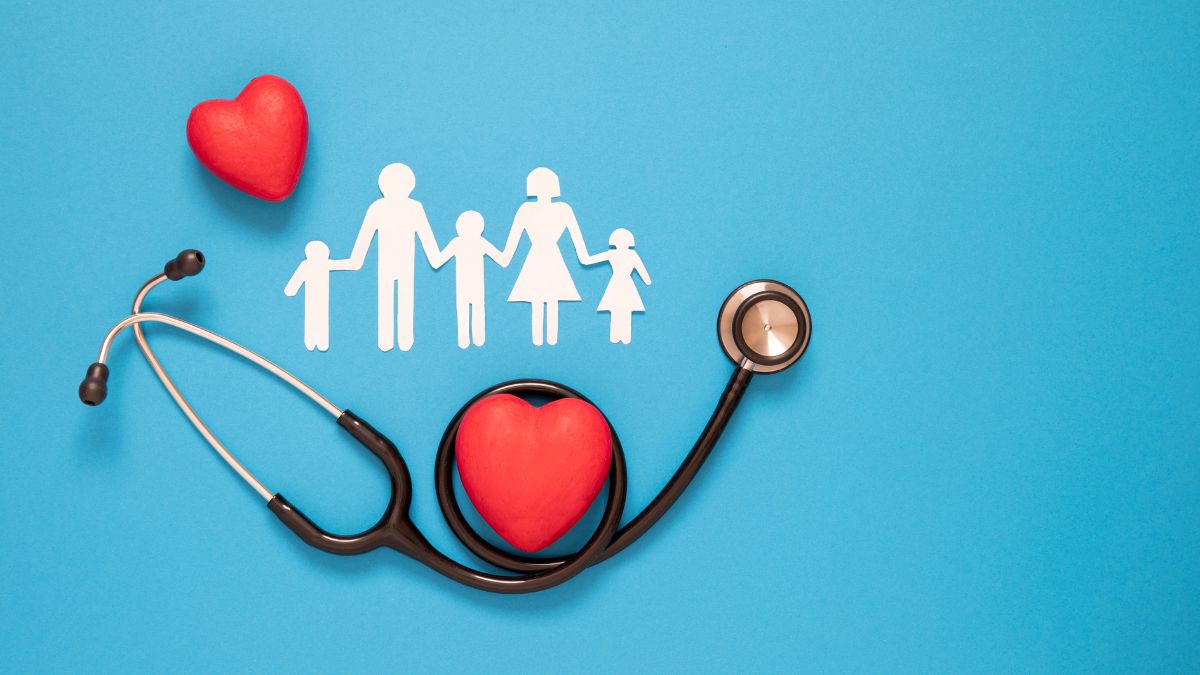
Marketing in the healthcare sector is undergoing a complete transformation, driven by advanced technologies, patient-centric approaches, and data-driven strategies. The Doceree “Healthcare Marketing Trends Report 2024-2025” highlights the key changes that will shape health and healthcare marketing in 2025. Below, we explore these trends in depth.
Marketing Trends for 2025 and the Healthcare Industry
Medical marketing is moving away from general approaches in favor of personalized, tech-enabled strategies that optimize communication with healthcare professionals (HCPs) and patients. The main trends include:
- Hyper-personalization: Artificial intelligence (AI) enables campaigns that dynamically adapt to HCP behaviors.
- Integration in clinical workflows: Tools that incorporate messaging into Electronic Health Record (EHR) systems.
- Privacy and first-party data: Strategic use of protected data for effective and ethical campaigns.
- Patient outcomes-focused marketing: Prioritizes well-being and treatment adherence.
- AI-Human collaboration: Technology enhances human creativity and empathy.
How does hyper-personalization impact healthcare marketing?
Hyper-personalization is redefining how healthcare brands interact with HCPs. Thanks to AI, campaigns can now:
- Identify prescription patterns and preferences through EHR data and predictive analytics.
- Create real-time tailored messages across channels such as email, apps, and medical representative visits.
- Optimize message relevance and impact, achieving up to a 50% increase in conversion rates.
In addition, the use of tools like Dynamic Creative Optimization (DCO) ensures that ads are useful at the right time, naturally integrating into physicians’ daily activities.
What are the benefits of integrating marketing into clinical workflows?
Integrating with EHR systems improves the experience for both physicians and patients. This approach allows:
- Displaying personalized information about treatment costs and alternatives.
- Automating administrative tasks such as prior authorizations and benefits verifications.
- Reducing therapy initiation times by 20% and improving medical staff satisfaction by 45%.
Marketing that appears at the right time with relevant content becomes a valuable tool for clinical decision-making, transforming the perception of traditional campaigns.
READ ALSO. 10 Marketing Trends for 2025 That Will Transform the Future of the Industry
Privacy Is Key in 2025 Marketing Trends
The use of first-party data is on the rise, but its handling must be approached carefully. Leading brands are adopting privacy-focused approaches, ensuring both information protection and the trust of HCPs and patients.
Advantages of a privacy-focused approach:
- 95% accuracy in audience segmentation through connected data ecosystems.
- Greater HCP loyalty thanks to compliance with regulations such as HIPAA.
- Reduction in operating costs and revenue increases of up to 2.9 times.
This approach not only complies with regulations but also positions brands as trustworthy partners.
READ ALSO. Tourism marketing trends in 2025: How will travel change?
Patient-Centered Approach to Healthcare Marketing
Patient-centered marketing prioritizes clinical outcomes and the end-user experience. This includes:
- Messages aligned with clinical decisions, increasing prescription trust by 40%.
- Identifying critical points in the patient journey, such as treatment abandonment periods, to provide timely support.
- Trigger-based campaigns, delivering relevant messages just when physicians need information, driving a 39% increase in prescription rates.
Success lies in measuring what truly matters: quality of life, adherence, and productivity.
READ ALSO. PR Newswire reveals the 12 key trends in the public relations industry
How Do AI and Healthcare Marketing Work Together in 2025?
AI does not aim to replace human expertise, but rather to enhance it. In healthcare marketing, tools like Natural Language Processing (NLP) and Predictive Analytics enable:
- Analyzing conversations with HCPs to better understand their needs and preferences.
- Identifying interaction patterns to effectively personalize messages.
- Predicting changes in prescriptions and new market opportunities.
Companies that combine these technological capabilities with creativity and empathy are achieving more effective campaigns and more meaningful connections.
READ ALSO. Digital marketing trends that will dominate in 2025 according to Google
Challenges and Opportunities in 2025
The sector faces challenges such as platform integration, budget constraints, and the need to maintain privacy in a digital environment. However, these difficulties present an opportunity for innovation:
- Adoption of more accessible AI tools: Simplify planning, optimize budgets, and improve implementation speed.
- Approaches based on measurable outcomes: Enable campaigns aligned with the expectations of HCPs and patients.
- Trusted strategic partners: Ensure regulatory compliance and effective solutions.
READ ALSO. Marketing trends 2025: Millennials, Gen Z and the boom in social media shopping
How Can Brands Stand Out in Healthcare Marketing?
The future of healthcare marketing will depend on brands’ ability to integrate advanced technologies, prioritize the patient experience, and protect data. Companies that successfully balance these areas will be better positioned to lead in 2025.
Medical marketing is no longer just advertising; it is an essential component to improve clinical outcomes, build trust, and provide real value to patients and healthcare professionals.










